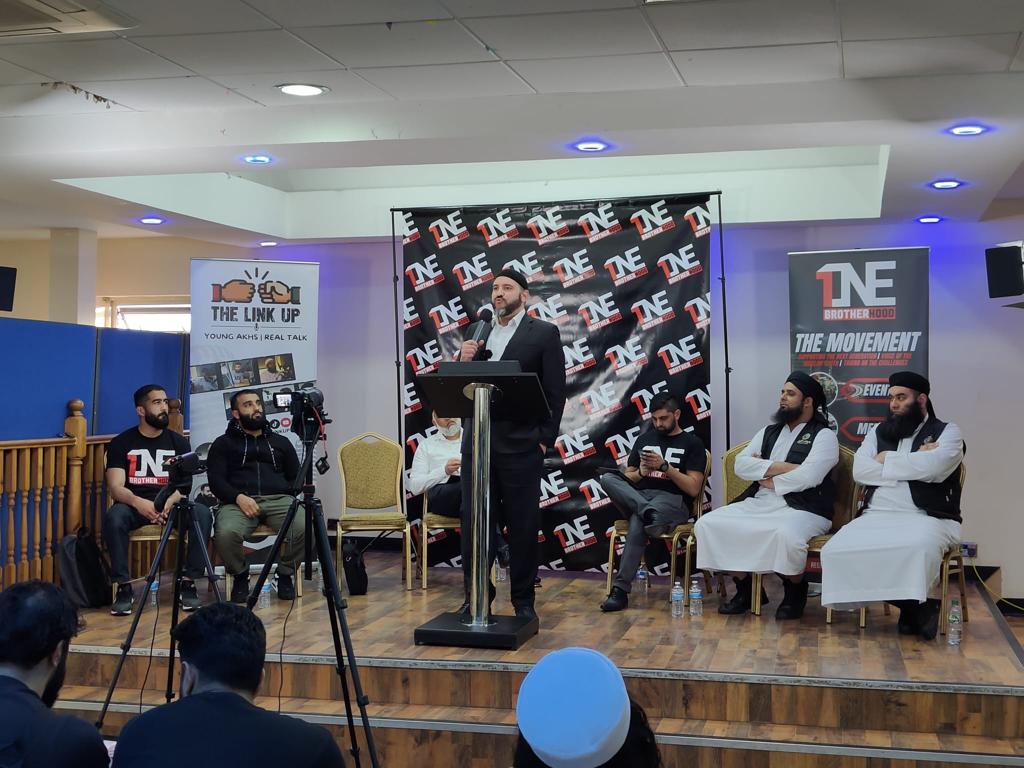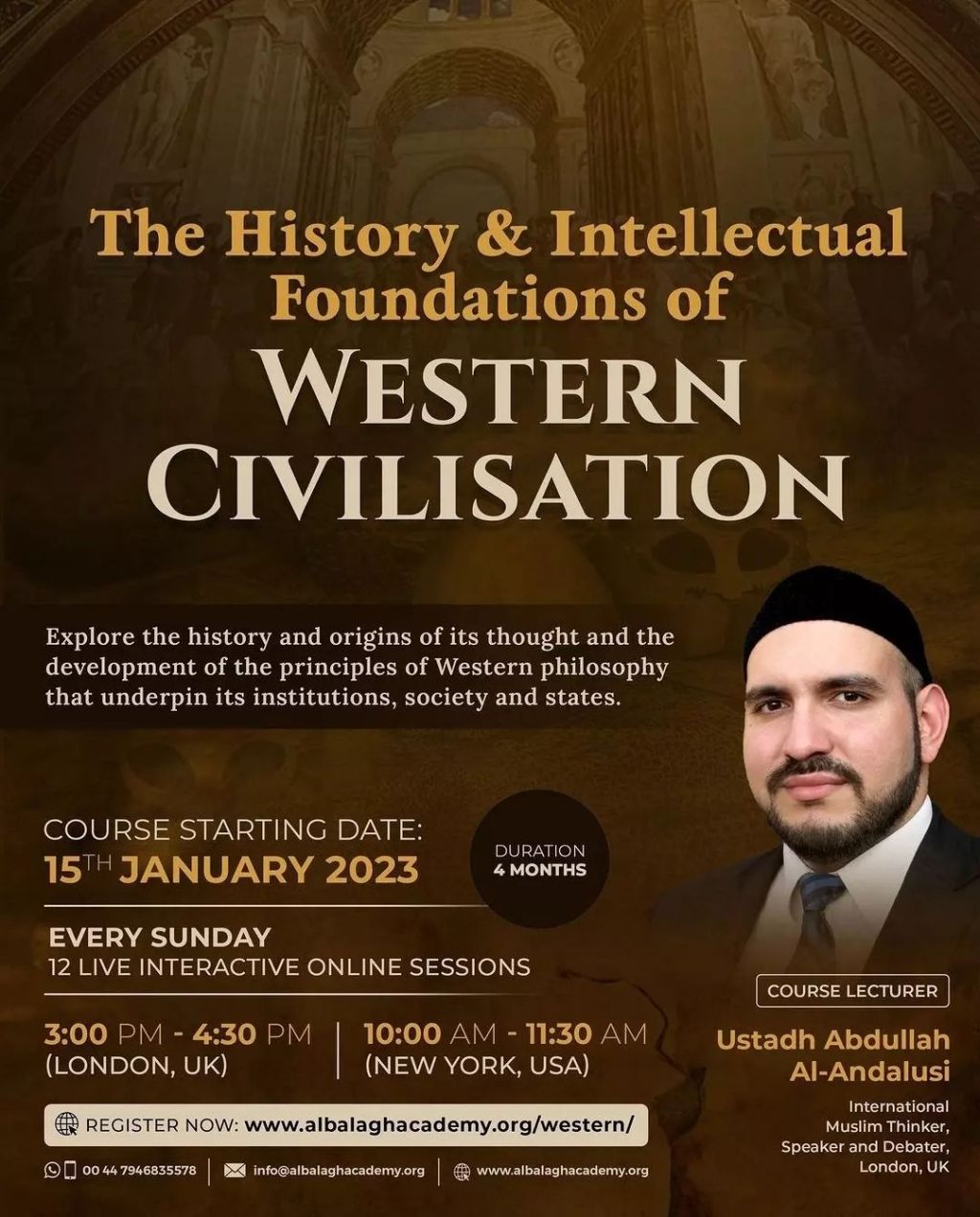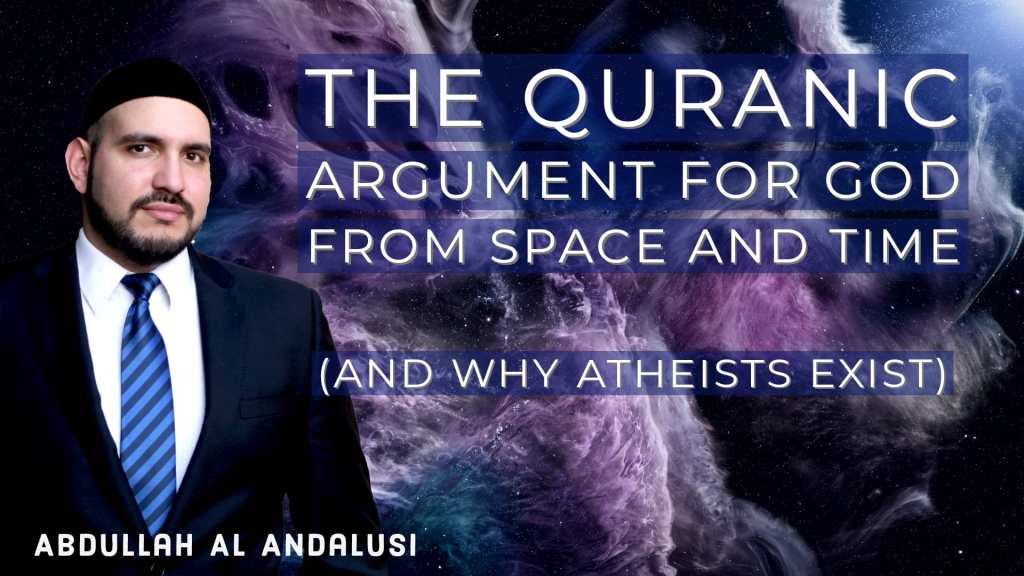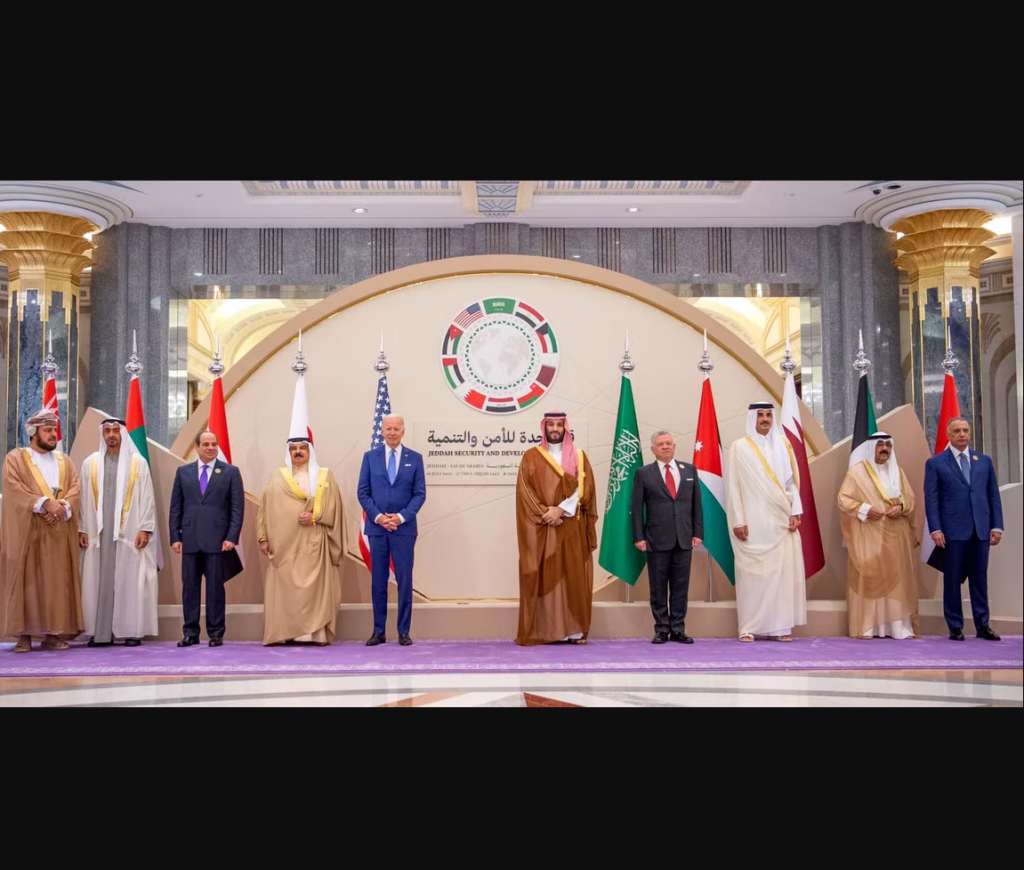I’m writing this to comment on the supposedly ‘scary’ claims drummed up by Western pundits, Liberals and nationalists, that Turkey wants to re-establish control over north Syria and north Iraq, violating Iraqi and Syrian ‘sovereignty’, to incorporate these lands into itself harkening back to the days of the Ottoman Caliphate.
So what?
Firstly, I don’t think Turkey is seriously attempting to do this, it has always had interests in removing terror groups from its borders. However, to the claim that we should be concerned that Turkey is attempting to expand and (re)incorporate Muslim lands into itself, Muslims should ask a more important question – so what?
The nation states of Iraq and Syria are artificial and foreign creations, cut out of the Muslim Ummah after the British took the Middle East BY FORCE from the Ottoman Caliphate. The Ottoman armies, I might add, were composed not only of Turks, but significant portions of Arab, Turkmen and Kurdish troops who attempted to defend the lands against British military expeditions. Why are Muslims today even defending such constructions?
What we call ‘Iraq’ today, was actually back then (parts of) three different Ottoman Wilayat (districts); the Wilayah of Mosul, the Wilayah of Basra, and the Wilayah of Baghdad. ‘Syria’ now rests over the (parts of the) Ottoman Wilayat of Aleppo, Beirut and Damascus.
Nationalists may argue: “Surely, the nation states of Iraq, Syria and Turkey are just the grouping of previous Wilayahs together?”
Actually no
The ‘nation-states’ of Iraq and Syria aren’t simply just groupings of Wilayah; the territories in the region were completely redefined. Each ‘nation state’ was carved up into its current shape to fulfil the interests of the colonial powers France and Britain.
 While the treaty of Lausanne (1923) defined the modern borders, the cutting out of the Middle-East is rooted in the Sykes-Picot agreement between France and Britain, to divide the Middle east between their spheres of influence.
While the treaty of Lausanne (1923) defined the modern borders, the cutting out of the Middle-East is rooted in the Sykes-Picot agreement between France and Britain, to divide the Middle east between their spheres of influence.
The original Sykes-Picot agreement was enforced upon a defeated Ottoman Caliphate in the treaty of Sevres (1920), which completely dismembered the Caliphate into pieces.

However, a Turkish uprising against the treaty was steered by Turkish nationalists, which meant that the treaty had to be renegotiated at Lausanne, and a new one drafted that ceded most of Anatolia to a new (and Secular) nation-state of Turkey. Some historians theorised that the British, French (and Russians) conceded allowing control of most of Anatolia to the Turks, on the condition that the Ottoman Caliphate would be demolished by them and replaced with a secular nation-state.
These events meant that the new divisions in the Middle East were created completely out of British and French interests, and not respecting any ethnic, geographic, religious, or historical aspects of the region.
Syria, for example, was formed from Ottoman wilayahs been cut in pieces. Parts of north-eastern Syria, like Nusaybin and even Raqqa(!), actually belonged to the Wilayah of Diyarbakir – which is centred on the now Turkish city of Diyarbakir. The entire top half of the former Ottoman Wilayah of Aleppo is actually in modern day (Anatolia) Turkey, and extended to Elbestan, just north of the Zagros mountain range.
The Ottoman Wilayah of Beirut was divided between three areas, north part going to newly created ‘Syria’, the south going to newly created ‘Palestine’, and the centre would go to forming another new nation-state, where France expanded the Christian mutasharifah (autonomous region) of mount Lebanon over the adjacent Muslim regions to dilute their power, intending a new ‘Greater Lebanon’ to act as a proxy for French interests in the region. With the newly named region of ‘Palestine’, the British intended, would become a proxy for British interests, and too weak to resist British imposed changes. Of course, this region was ‘lost’ to the British Empire when it became the focus of the interest of the newly powerful U.S.
The Wilayah of Damascus, which extended all the way south to Tafi’lah (in modern Jordan) was cut in half, the north half with heavy Druze concentrations, would go toward the new ‘Syria’, while the south would go to make the new kingdom of ‘Transjordan’.
As for ‘Iraq’, the Ottoman Wilayah of Mosul stretched so far west, it covered land that the British would later call eastern ‘Syria’. Mosul was originally going to go to France’s sphere of influence, until oil was discovered around it, and the British negotiated heavily with France to move it over to its side’. Under this pretext, the Wilayah of Mosul was cut with most of it joined to the new ‘Iraq’. That’s right, the reason Mosul is part of Iraq and not Syria, is Oil. All Iraqi nationalists take note. Your ‘country’ is created because of oil (which has pretty much determined what happened to it ever since).
The other argument I hear from nationalists, is one which argues that the U.S. are attempting to divide up Syria and Iraq to weaken them. While this argument may have some merit, the point at hand is it is either not sincere, or selectively ignorant. The Middle East has already been divided and weakened. If nationalists truly cared about that, they wouldn’t be defending the cut-out nation states they were born into (and now ignorantly defend), but advocate for repealing colonialism, and a reunification of the Muslim world. The fact that many of them don’t, only demonstrates the reactionary nature of their motives. It’s not division they object to, but division different from the ones they already know – and accept.
Muslims are commanded by the Prophet Muhammed (saaw), and Allah (swt) in the Quran, to ‘not be divided amongst ourselves’. The Muslims of Yathrib, didn’t complain that their city (now called Madinah, or ‘the City’), was being ‘dominated’ by Makkans, nor did they object when the Prophet Muhammed (saaw) molded all the previously divided tribes of the Aws and Khazraj and later Muslim Makkans, into one new and unified ‘tribe’, the Ummah, with one political authority.
While Turkey isn’t an Islamic government, Islamic groups in Turkey are free to advocate for Islam and Islamic government, and the mood in Turkey is turning to a positive nostalgia to their Islamic past (as opposed to the militant Secular hatred of their past that used to predominate). Islamic groups are freer to flourish in Turkey than they are under the oppressive secular regime of Assad, or the sectarian strife ridden regime of Iraq. Considering that Iraq is dominated by a government dependent on US power, and Syria on Russian power, Turkey is strong enough to at least depend on itself (despite some of its policies and diplomatic relations being pragmatic and not always in line with Islam).
However, considering Islamic imperatives, it could still be strongly argued that it is better for Muslim lands to be joined together as much as possible until an Islamic government returns, rather than remain divided by the Sykes-Picot agreement and the treaty of Lausanne.
Pro-Assad nationalists, and pro-Abadi nationalists usually argue that ‘Turkey are foreigners coming to our land!’. Firstly, Turks are predominately Muslim, so not foreigners to other Muslims. Secondly, why don’t they say that to the Americans and Russian MILITARY who are on the ground in their ‘countries’, supplying them with weapons and propping up their puppet regimes?
There doesn’t remain any legitimate objection by nationalists and liberals to Turkish military moving into Syria and Iraq even if it was merely just to (re)take land lost to it by the treaty of Sevres. Of course, there are other arguments, such as the need to defeat Iraqi Baathists (ISIS) and Communists (PKK) terror groups, as well as protecting civilians from sectarian genocide.
In conclusion, while Turkey isn’t an Islamic government or country, it may be better for Muslims in north Syria and Iraq to live under Erdogan and their Turkish brothers and sisters in Islam, and contribute their combined strength (like their ancestors did), than live under the continued oppression of secular Syrian Baathists, or Iraqi Sectarians – both of whom are propped up by foreign powers.







Leave a comment